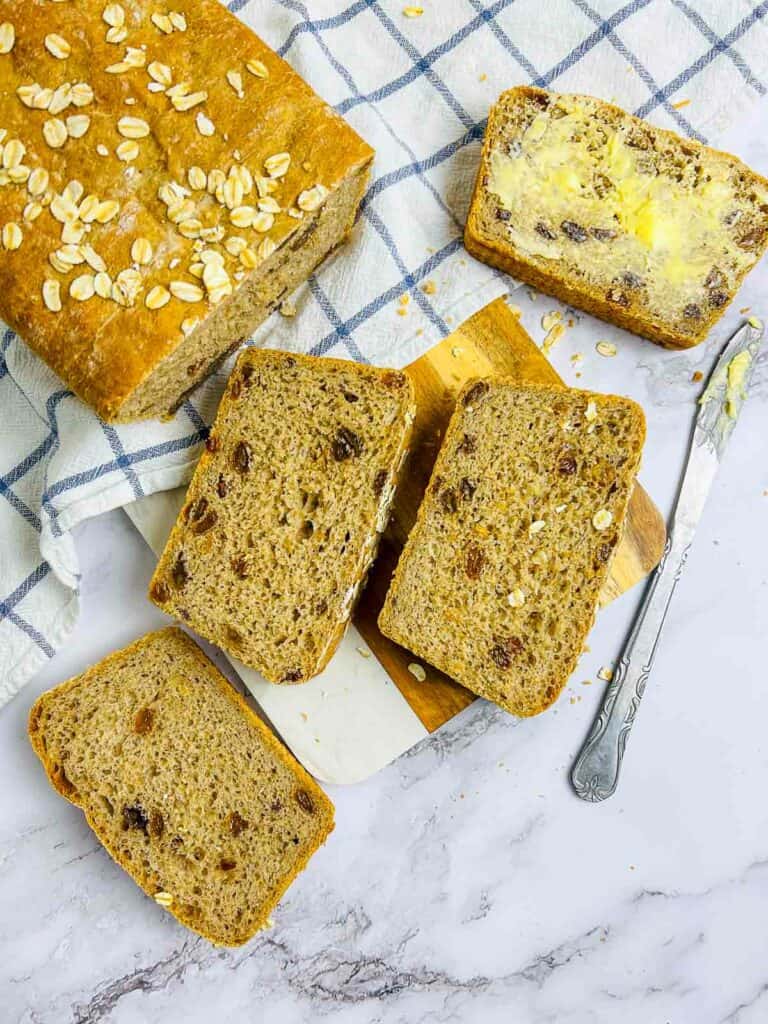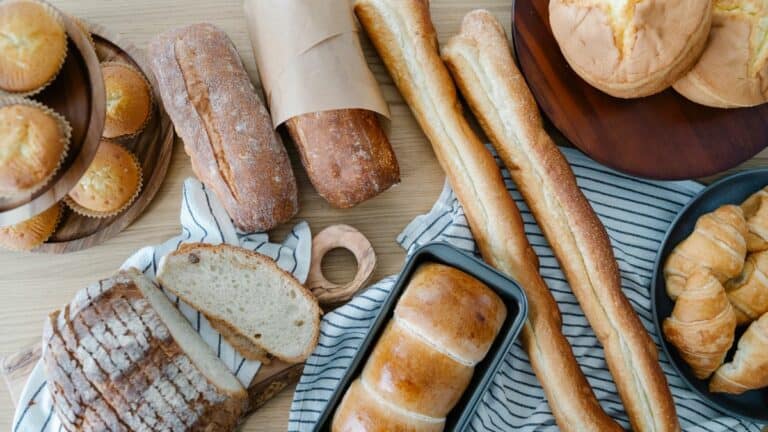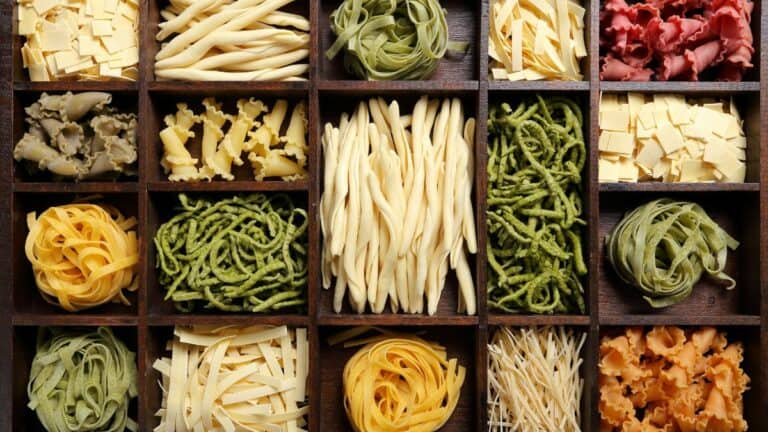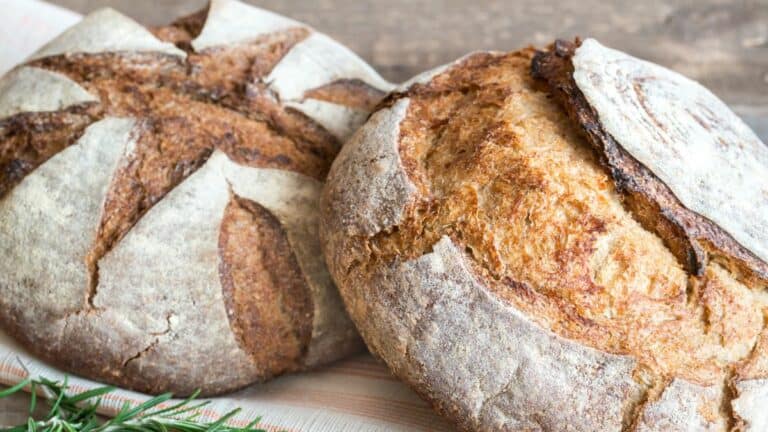16 Bread Baking Tools Every Home Baker Need For Flawless Results Every Time
When it comes to baking bread at home, the right tools can transform your efforts from average to outstanding. If you’re just starting or aiming to elevate your bread-making skills, these 16 essential tools will help you achieve consistently delicious results. Each tool on this list plays a vital role in creating the perfect loaf, from mixing to proofing and baking to slicing. Ready to equip your kitchen for bread-baking success? Let’s dive into the must-haves every home baker needs.
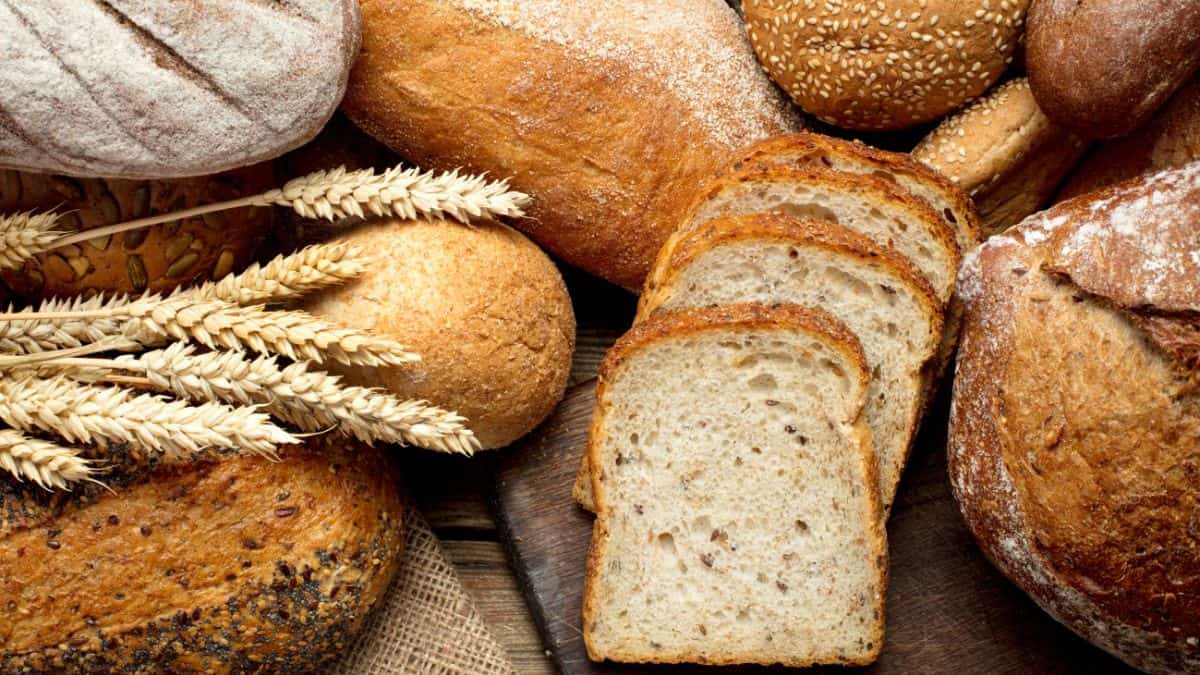
Mixing Bowls
Invest in a set of bowls in various sizes. A large bowl is ideal for mixing dough, while smaller ones can hold ingredients like yeast or salt.
Spoons and Spatulas
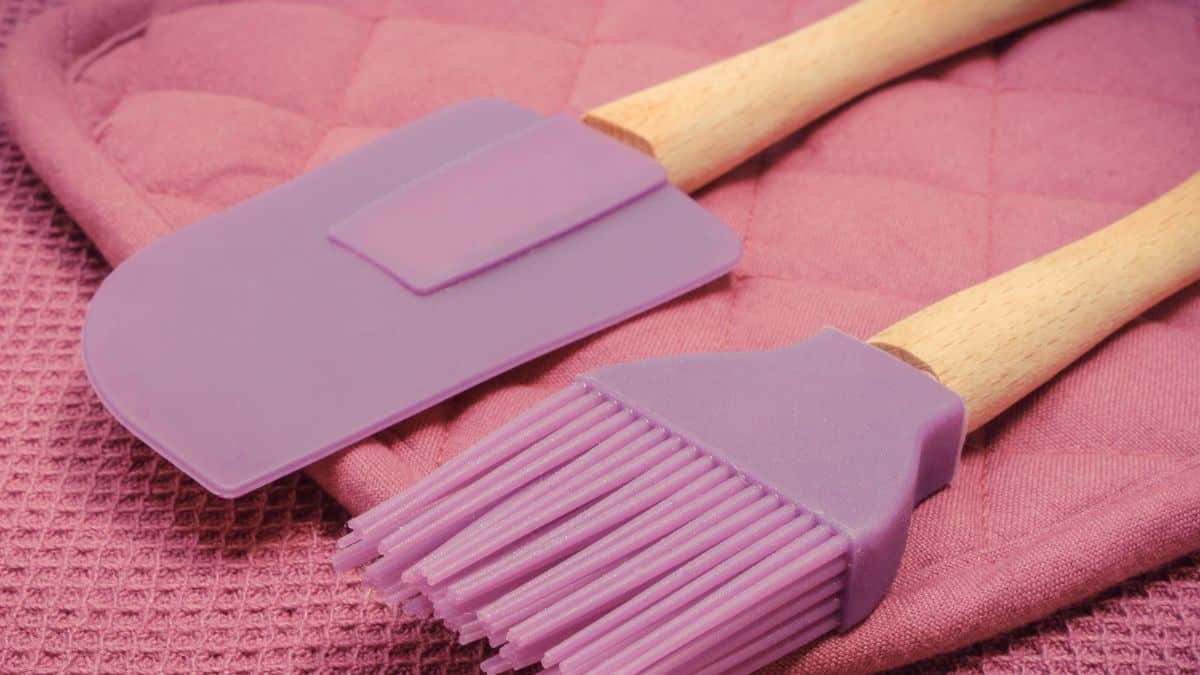
These tools help with measuring, mixing, and scraping down the sides of your bowl. A rubber spatula is particularly useful for gently folding ingredients without overworking the dough.
Measuring Cups and Spoons
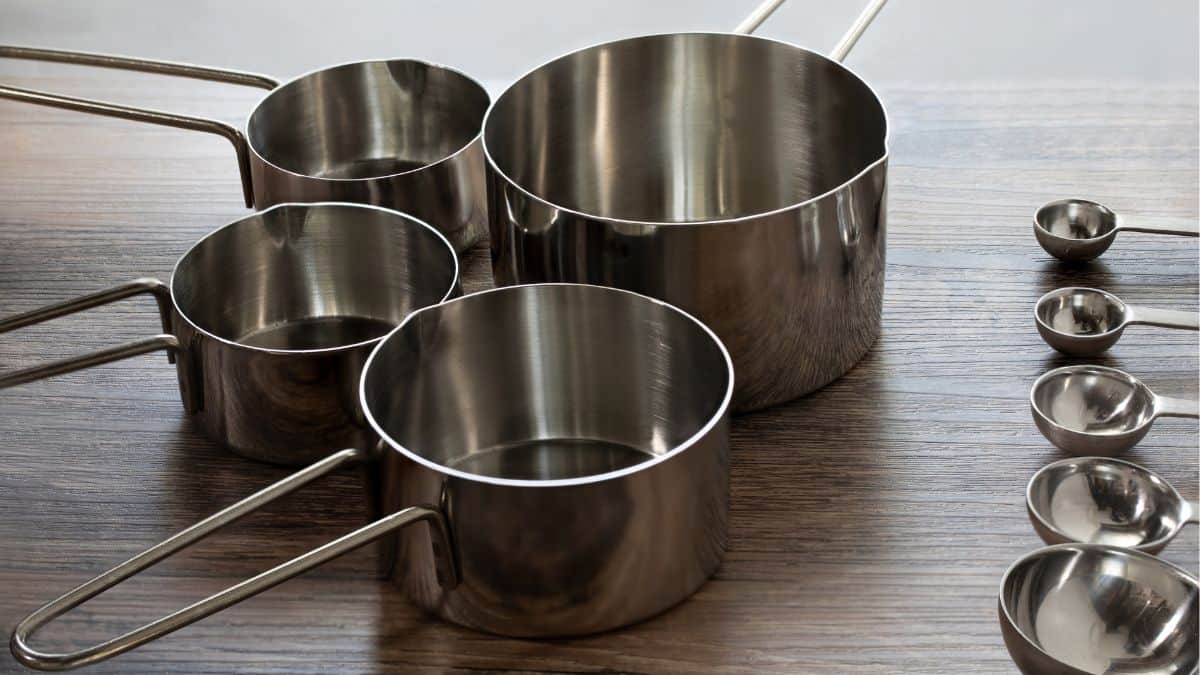
Accuracy is critical in baking. A reliable set of measuring cups and spoons ensures you incorporate the correct proportions of ingredients for a successful outcome.
Digital Kitchen Scale
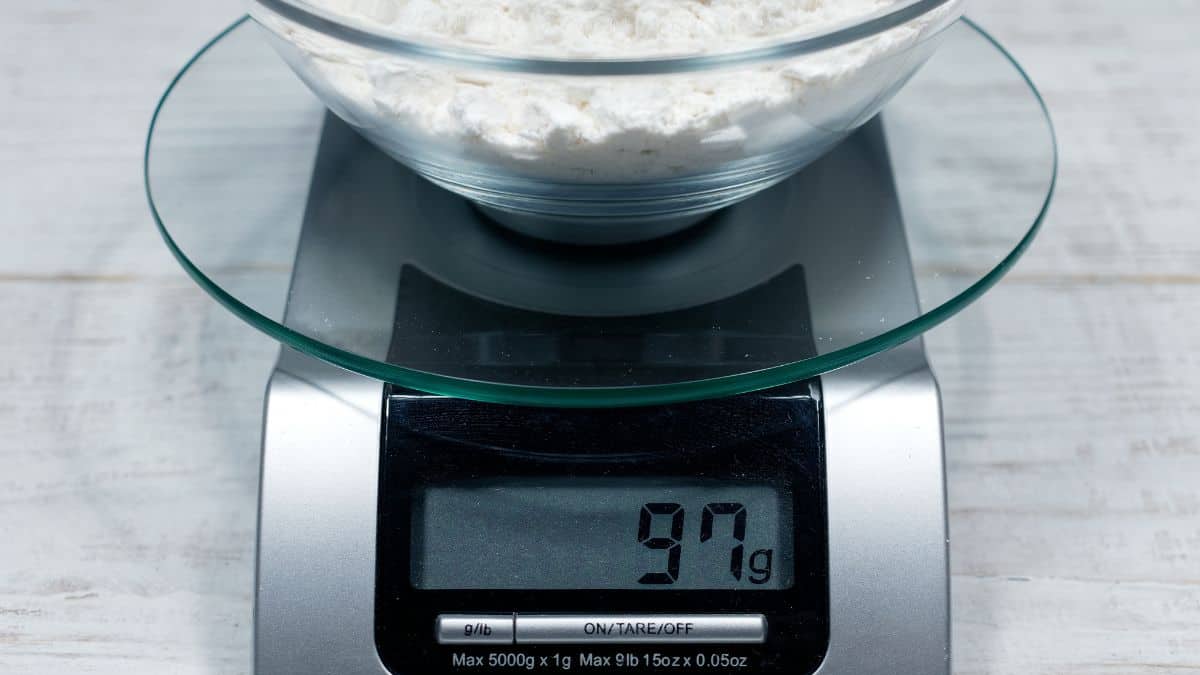
While measuring cups work in a pinch, a kitchen scale offers precision, especially when dealing with the delicate balance of flour and yeast. This tool is a worthwhile investment for serious bakers who crave consistent results.
Dough Scraper or Bench Scraper
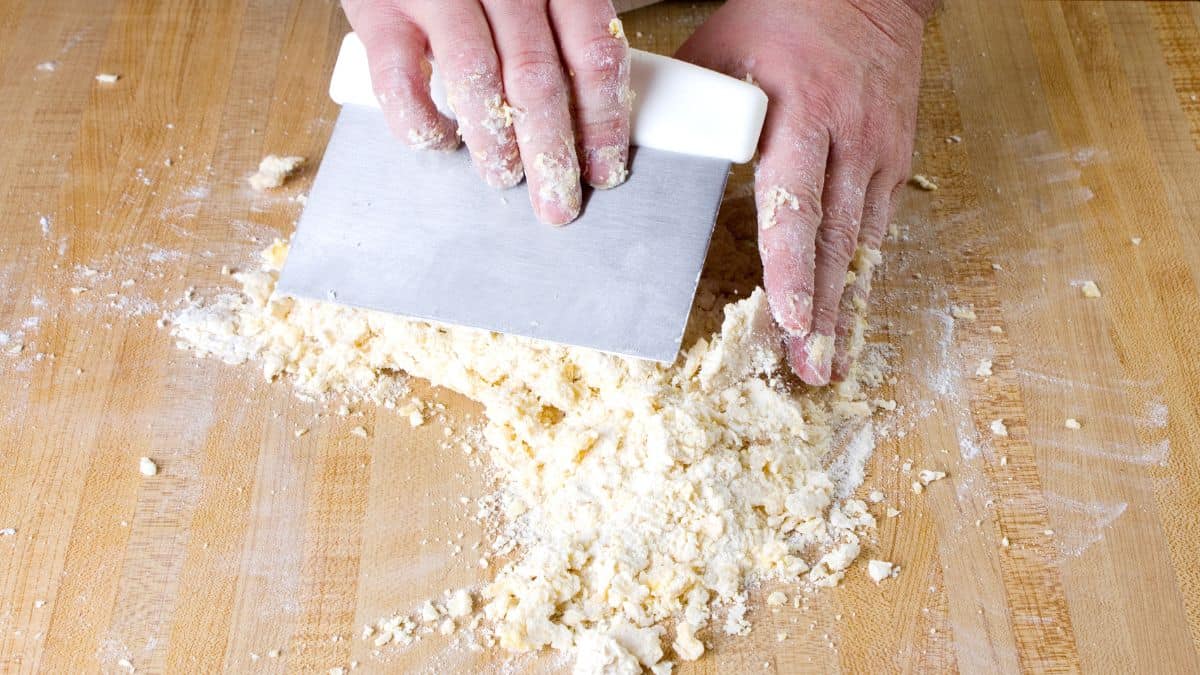
A dough scraper, also known as a bench knife, is a versatile tool that serves multiple purposes in bread making. From dividing and shaping dough to cleaning work surfaces, a dough scraper is invaluable for handling sticky dough and achieving smooth, uniform loaves.
Dough Whisk
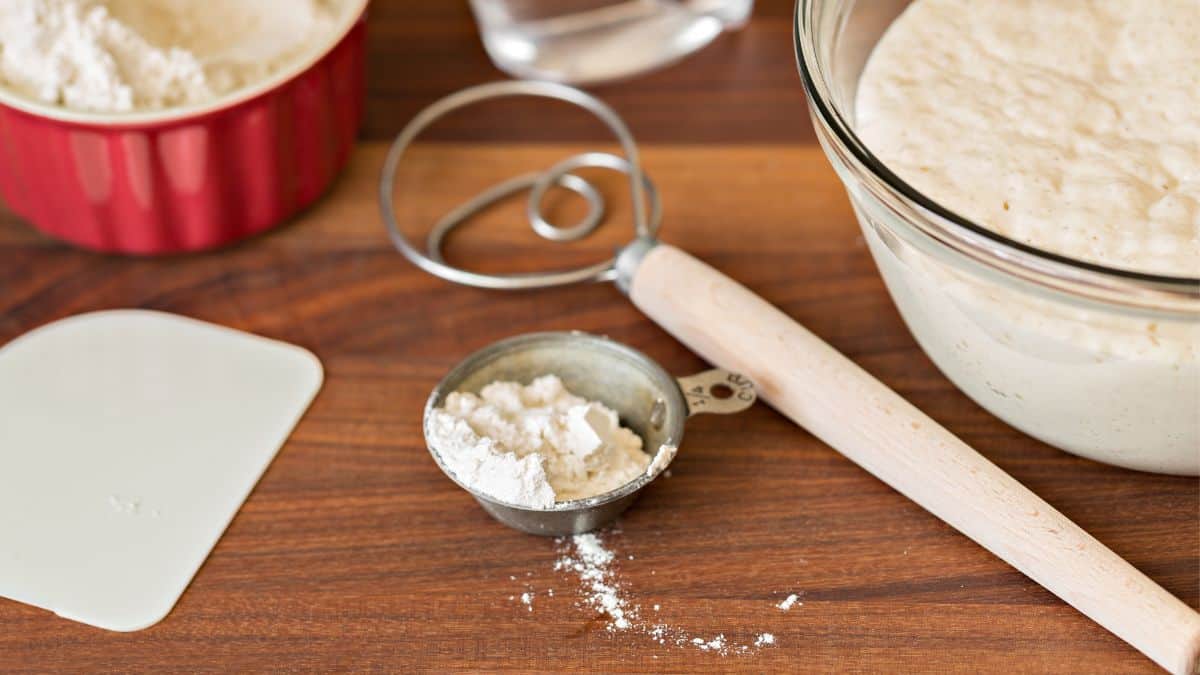
Traditional whisks can sometimes overwork the dough, leading to tough bread. A dough whisk or Danish dough whisk, with its unique design featuring a long handle and thick wire loop, gently mixes dough without overworking it, ensuring proper gluten development and a tender crumb.
Stand Mixer
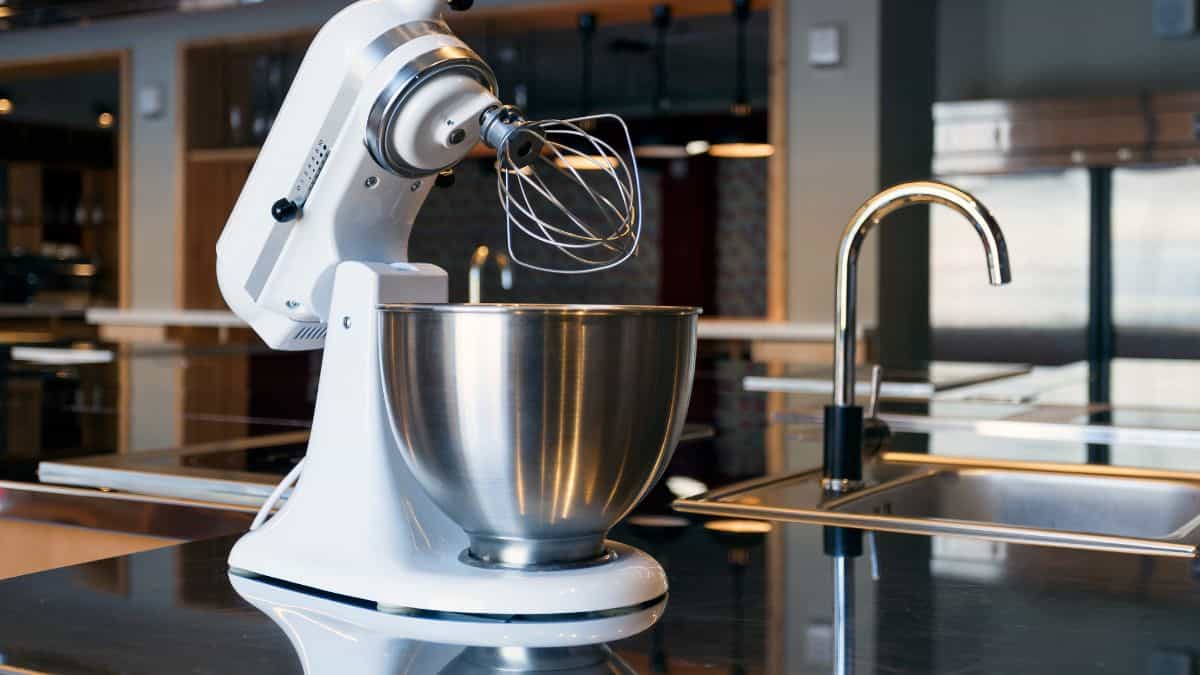
While not essential, a stand mixer can save time and effort when kneading large batches of dough. Let this mechanical marvel take on the heavy lifting while you focus on other tasks.
Bread Lame
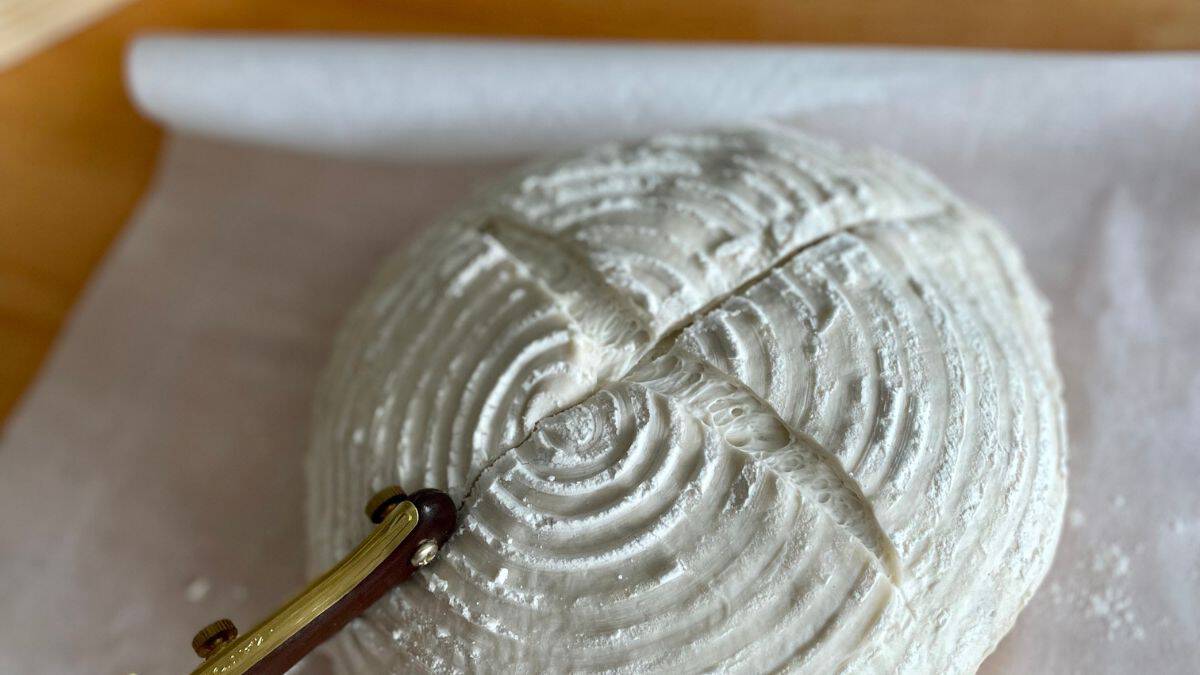
Scoring bread dough before baking is essential for controlling its expansion and achieving a beautiful crust. A bread lame allows for precise scoring, creating decorative patterns, and facilitating steam release during baking for the best rise and texture.
Bread Proofing Baskets (Bannetons)
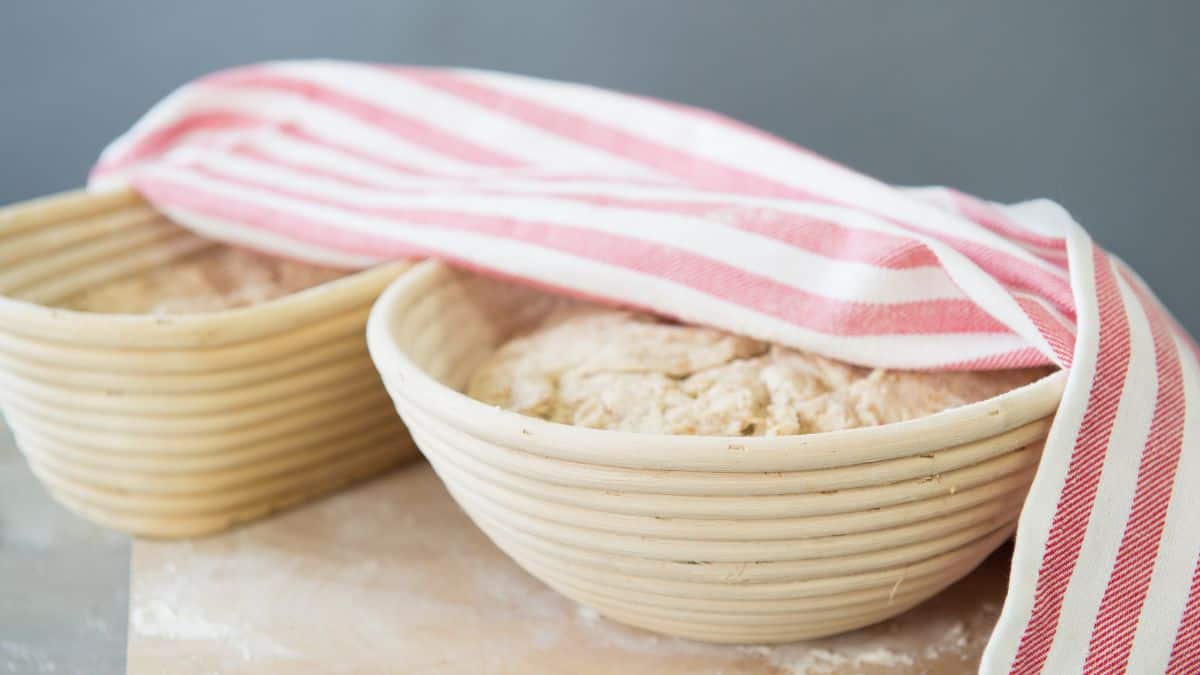
Bread-proofing baskets, also known as bannetons, support the shape of rising bread dough, giving it structure. Made from natural materials like cane or rattan, these baskets provide proper airflow and moisture absorption for optimal proofing.
Countertop Dough Proofer
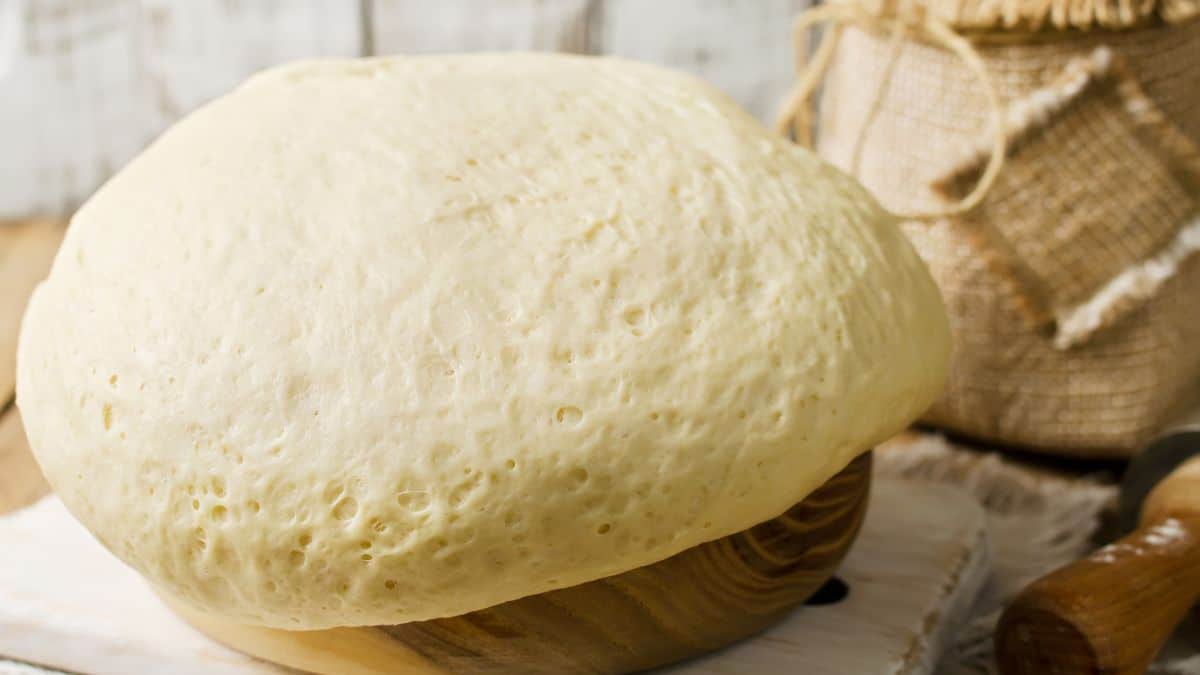
This appliance provides a warm and controlled environment for your dough to rise. This can be particularly helpful if your kitchen environment is cool or inconsistent, ensuring optimal dough development for a perfect rise.
Loaf Pans
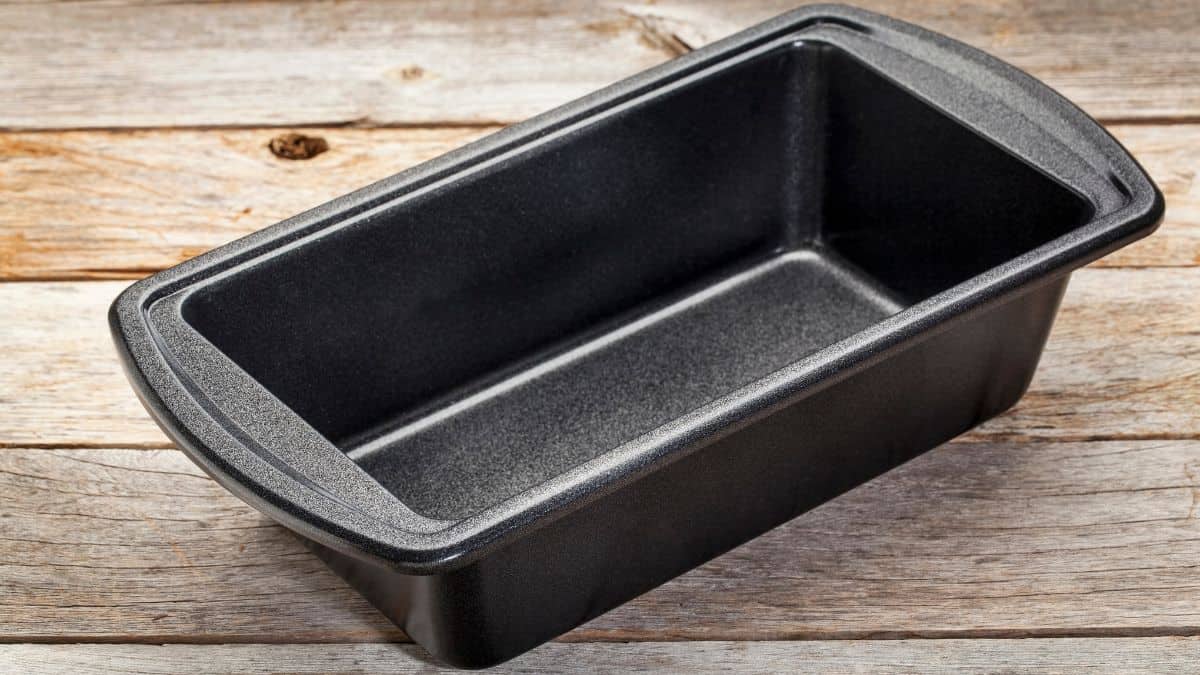
If classic sandwich bread is your jam, invest in a set of loaf pans. Choose from various sizes and materials, such as non-stick or aluminum.
Dutch Oven
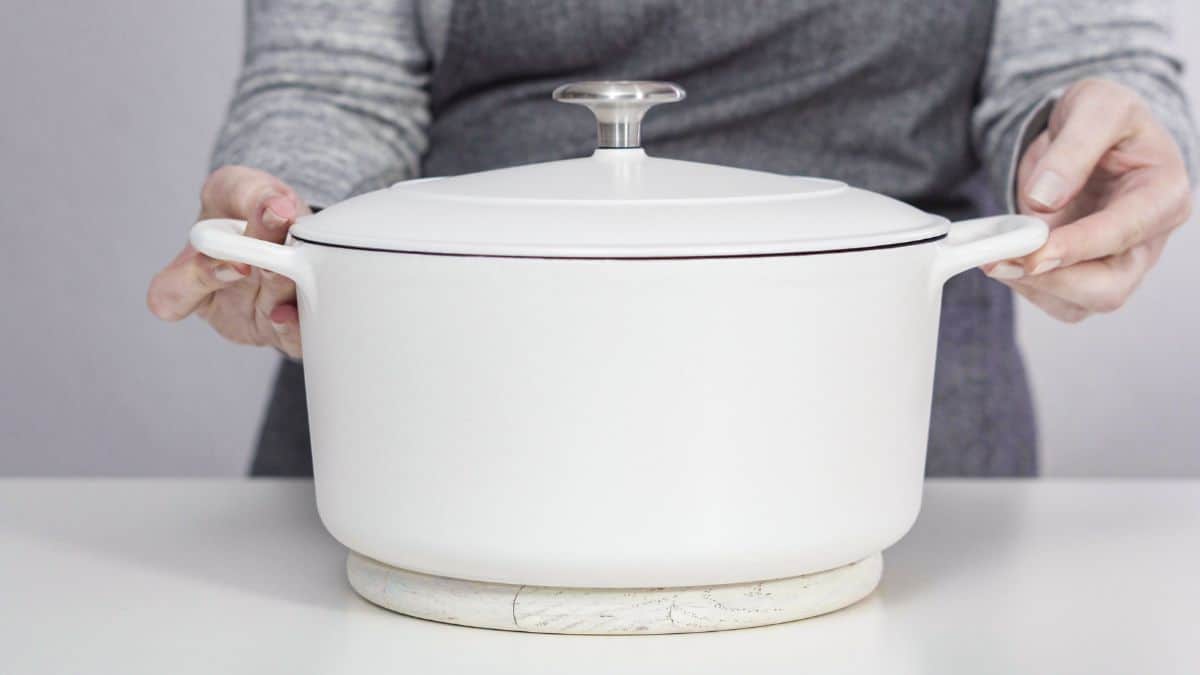
This versatile pot traps steam during baking, creating a humid environment that results in a beautifully crusty loaf. It’s a game-changer for achieving that perfect bakery-style crust.
Digital Thermometer
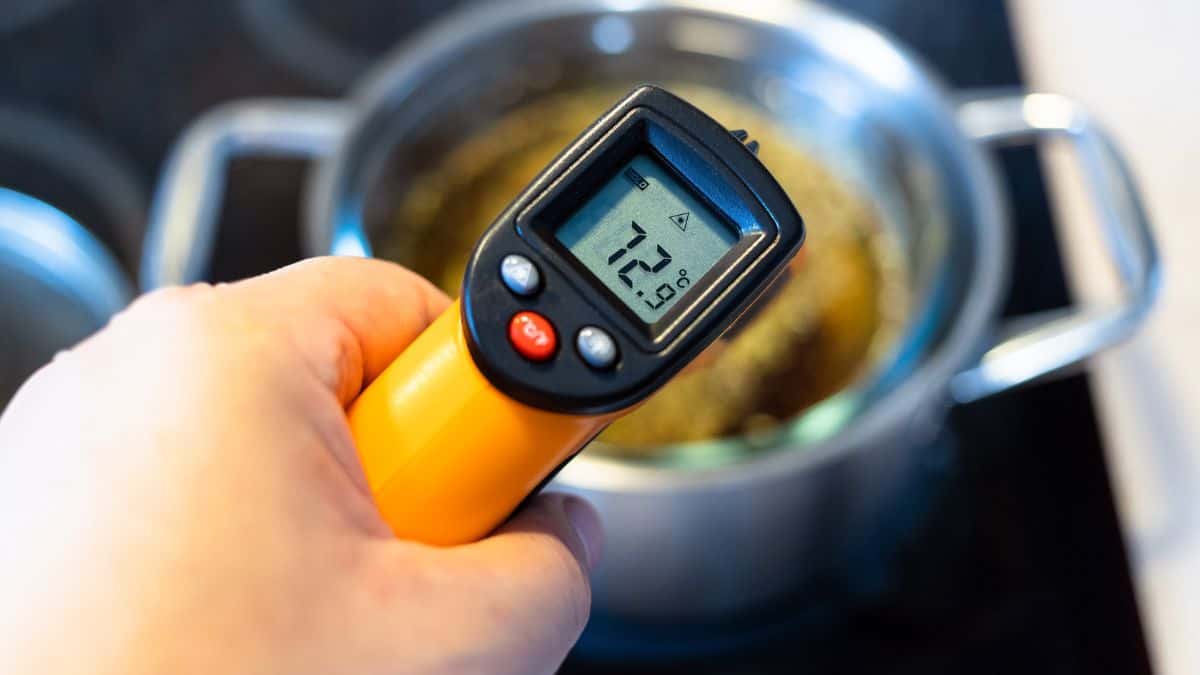
A digital thermometer can be helpful for monitoring water temperature to activate yeast. Ensuring the water is at the right temperature is crucial for optimal yeast activity.
Cooling Rack
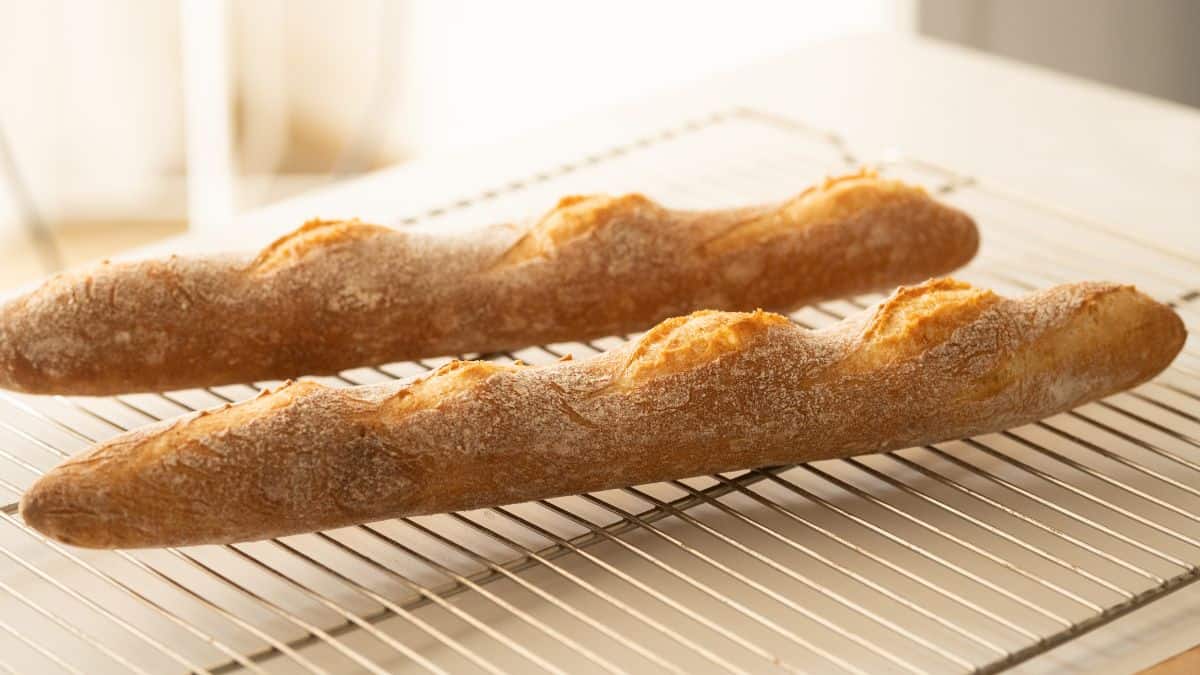
Proper cooling is essential for preserving the texture and flavor of freshly baked bread. A cooling rack lifts the loaves off the countertop, allowing air to circulate around them, ensuring that bread remains crisp and delicious.
Bread Storage Containers or Bags
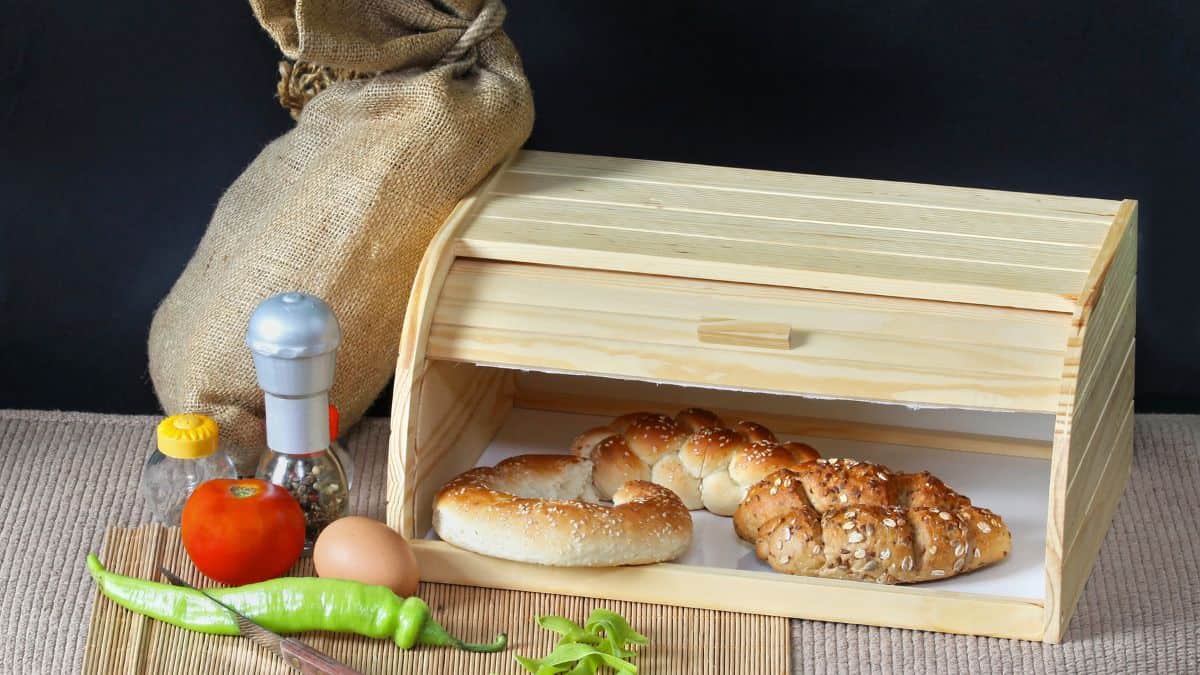
Proper storage is essential for maintaining freshness once bread is baked and cooled. Bread storage containers or bags help preserve the texture and flavor of bread, extending its shelf life and preventing it from becoming stale or dry prematurely.
Bread Slicing Guide and Bread Knife
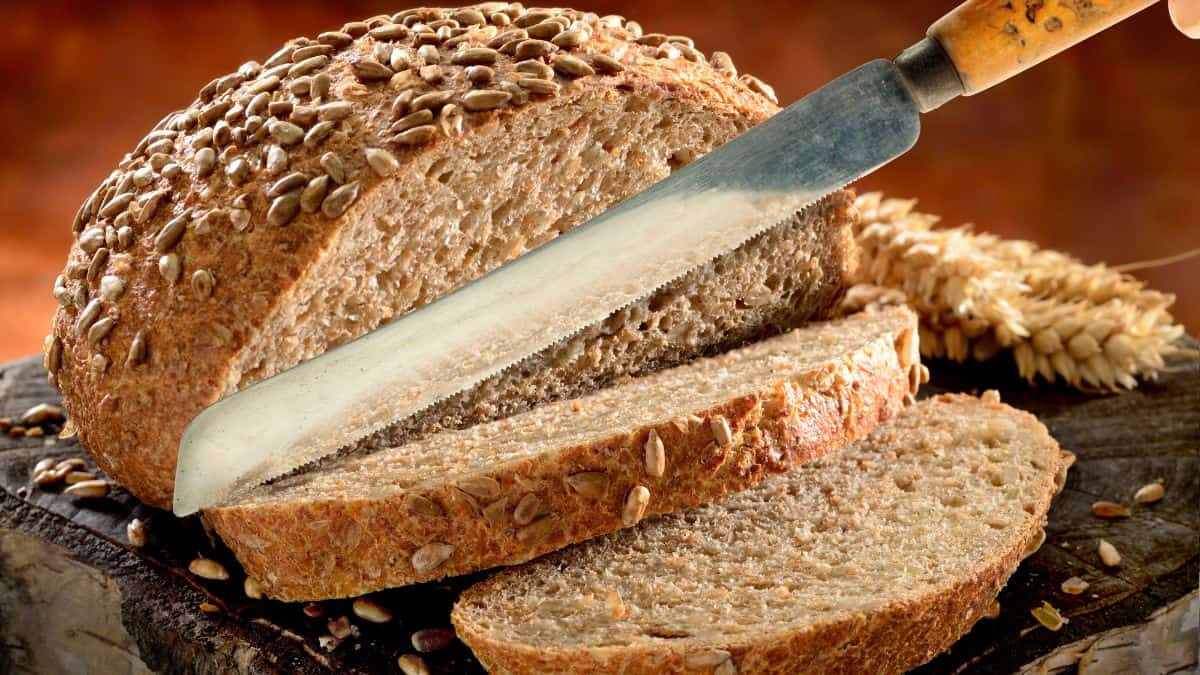
For evenly sliced bread, a bread slicing guide ensures uniform thickness, while a serrated bread knife easily cuts through crusty loaves, maintaining the integrity of the crumb and ensuring a clean, smooth cut.

